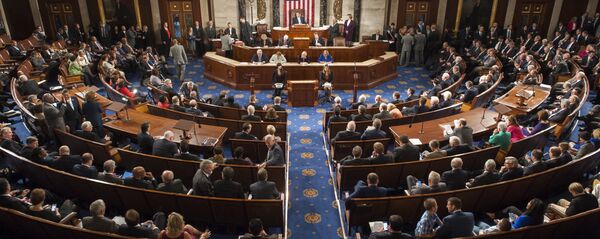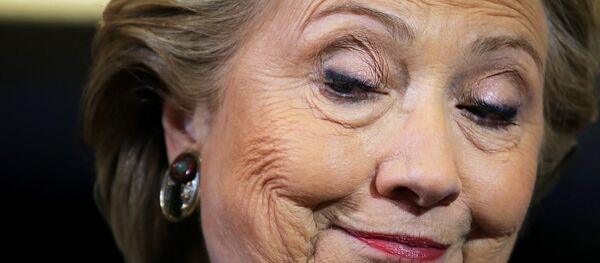Congress has long been frustrated over the unpopularity and expense of US government-funded media outlets, especially when compared to the listenership of state-funded media of other nations. BBG’s annual budget is over $760 million, while all global operations of RT (including its English, Spanish, Arabic television channels, as well as French and German web-based projects) cost less than $250 million annually. Nevertheless, according to congressional testimony from Helle Dale, senior fellow for public diplomacy at the Heritage Foundation, US government-funded media has no influence on Russians: Voice of America's site ranks 3,828 in Russia, while RT reports that its weekly audience reached 70 million, and half of of those watch RT daily.
Now, thanks to a push from Republican House Foreign Affairs Committee chairman Edward R. Royce, BBG’s foreign media operations will be controlled by a chief executive directly appointed by the President.
“On Jan. 21, we’ll have a welcoming ceremony for our next CEO, who could be Steve Bannon, or Laura Ingraham or Ann Coulter,” an unnamed senior Voice of America staffer lamented to Politico.
However, it was the Obama administration who actively supported BBG reform. US Secretary of State John Kerry was present at multiple Congressional hearings discussing a ‘threat of Russian propaganda’ and demanding additional US taxpayer money for state-controlled foreign broadcasting. Now the Democrats will have to accept that a new chief executive will be appointed by President-elect Trump.
The reforms include a plan to “establish cooperative or liaison relationships with foreign partners and allies… and other entities, such as academia, nongovernmental organizations, and the private sector.”
“If this isn’t a big enough red flag for you already, consider the fact that, not only does the new Ministry of Propaganda plan to ‘proactively advance fact-based narratives,’ they plan on doing it with the help of both our schools & the private sector,” Global Research noted.




